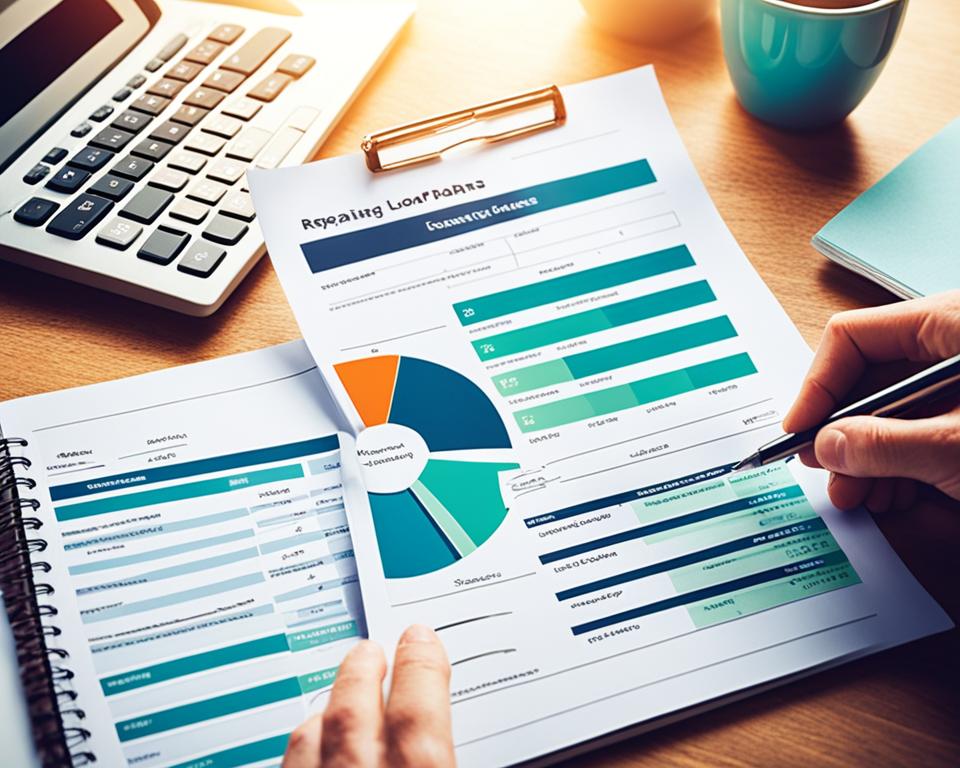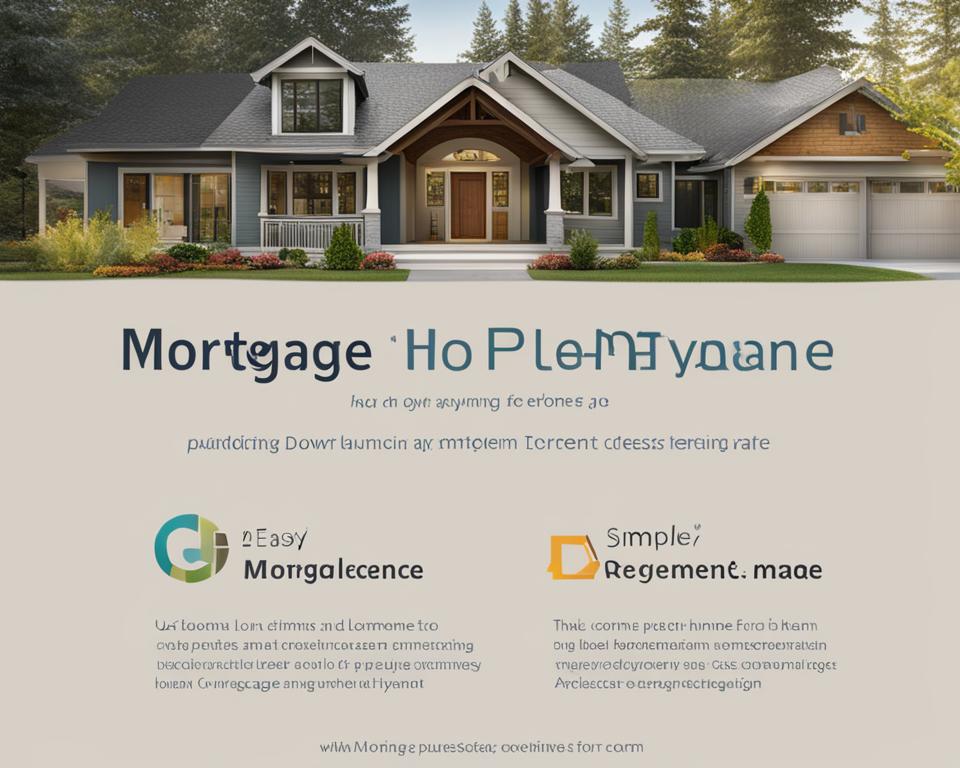Understanding your financial situation
To make informed decisions about your housing options, it is crucial to have a clear understanding of your financial situation. This involves taking a comprehensive look at your income, expenses, and overall debt.
Understanding how much money you have coming in and going out each month will provide you with a realistic picture of what you can afford in terms of housing expenses.
Assessing your income involves considering all sources of money you receive regularly, such as your salary, bonuses, or any additional income from side gigs or investments. Take note of any fluctuations in your income and account for any potential changes in the future. On the other hand, evaluating your expenses entails meticulously tracking your monthly spending habits. Analyze your bills, loan payments, credit card statements, and other financial obligations to determine the amount of money you are currently allocating towards these expenses. By having a clear understanding of your income and expenses, you will be better equipped to prioritize your financial goals and make sound housing decisions based on your actual financial capabilities.
Assessing your income and expenses
When it comes to assessing your income and expenses, it’s important to take a meticulous approach. Start by gathering all the necessary financial documents such as pay stubs, bank statements, and tax returns. This will give you a clear picture of your income sources and help you identify any additional income you may have overlooked. Once you have a comprehensive view of your income, take the time to track your expenses diligently. Categorize your expenses into fixed and variable costs, such as housing, utilities, transportation, groceries, and discretionary spending. This will allow you to accurately evaluate how much you are spending each month and identify areas where you can potentially cut costs or save more.
With a thorough assessment of your income and expenses, you can gain a better understanding of your financial situation and make informed decisions about your future. Analyzing your income and expenses will give you insights into your spending habits and help you identify areas where you can make adjustments to achieve your financial goals. By ensuring you have a clear picture of your financial resources and obligations, you can work towards achieving financial stability and making wiser choices when it comes to managing your finances.
Calculating your debt-to-income ratio
When it comes to understanding your financial situation, calculating your debt-to-income ratio is an essential step. This ratio allows you to determine the percentage of your income that goes towards paying off your debts each month. To calculate your debt-to-income ratio, simply add up all your monthly debt payments (such as credit card bills, car loans, and student loans) and divide it by your gross monthly income. Multiply the result by 100 to get the percentage. A higher debt-to-income ratio indicates a higher risk to lenders, so it is important to keep this ratio as low as possible to have better chances of obtaining a loan or mortgage.
Calculating your debt-to-income ratio can provide you with valuable insights into your financial health and help you make informed decisions about your spending habits. If your debt-to-income ratio is too high, it may be an indication that you are spending beyond your means and need to make adjustments to your budget. Conversely, a low debt-to-income ratio signals financial stability and the ability to take on additional debt, such as a mortgage. By understanding your debt-to-income ratio, you can better assess your financial situation and take the necessary steps to improve it if needed.
Determining a realistic housing budget
When it comes to determining a realistic housing budget, it’s crucial to take a close look at your current financial situation. This involves assessing your income, expenses, and debt-to-income ratio. By understanding these factors, you can gain clarity on how much you can comfortably afford to spend on housing each month.
To start, begin by calculating your monthly income and subtracting all necessary expenses, such as bills, groceries, and transportation costs. This will give you an idea of how much disposable income you have available to allocate towards housing. It’s important to be realistic and conservative during this process, as unexpected expenses can arise. Additionally, considering your debt-to-income ratio will help you understand how much of your income is already allocated towards existing debts, such as student loans or credit card payments. By factoring in these financial obligations, you can ensure that your housing budget aligns with your overall financial health.
Considering additional costs beyond the mortgage
Additional costs beyond the mortgage can add up quickly and catch homeowners off guard if not properly accounted for. One common expense to consider is homeowners insurance, which is typically required when obtaining a mortgage. This insurance aims to protect the property in case of damage or loss, and the cost can vary depending on factors such as location, property value, and coverage options. It’s important to research different insurance providers and policies to find the best fit for your needs and budget.
Another cost to keep in mind is property taxes. These taxes are imposed by local governments and are usually based on the assessed value of the property. The amount can fluctuate year-to-year based on changes in property value or tax rate adjustments. It’s important to understand how property taxes are calculated in your area and factor them into your budget. Failure to pay property taxes can lead to serious consequences, including potential tax liens or even foreclosure.
Exploring mortgage options for low-income earners
When it comes to exploring mortgage options for low-income earners, it’s important to be aware of the different programs and assistance available. One option to consider is a government-backed loan, such as an FHA loan. These loans are designed to help individuals with lower incomes qualify for a mortgage by offering lower down payment requirements and more flexible credit criteria. FHA loans can be a great option for low-income earners looking to achieve their dream of homeownership.
Another option to explore is a mortgage program specifically designed for low-income earners. These programs often have income limits and require applicants to meet certain eligibility criteria. However, they can provide a more affordable and accessible pathway to homeownership for individuals who may not qualify for traditional mortgage products. It’s crucial to research and understand the specific requirements and benefits of these programs to make an informed decision about which option suits your financial situation best.
Researching affordable housing programs or grants
There are various affordable housing programs and grants available that can help individuals and families secure a home within their budget. These programs are designed to assist low-income earners who may have difficulty affording a home otherwise. It is important to research and explore these options to determine if you qualify and how they can benefit you.
One option to consider when researching affordable housing programs is the Low-Income Housing Tax Credit (LIHTC) program. This program provides tax credits to developers who build affordable rental housing. These tax credits are then used to offset the costs of construction and operation, allowing developers to offer lower rental rates for qualifying individuals and families. By taking advantage of this program, you can potentially find affordable rental options in your desired area.
Another option to explore is the Section 8 Housing Choice Voucher program. This program provides rental assistance to eligible low-income individuals and families. Participants are given vouchers that can be used to subsidize a portion of their rent in approved housing units. By researching this program, you can access rental options with reduced costs, making it more affordable to secure a home.
Researching and applying for these affordable housing programs and grants can significantly impact your ability to find a suitable home within your financial means. By taking the time to understand the eligibility requirements and benefits of these programs, you can increase your chances of securing affordable housing and achieving your homeownership goals.
Seeking professional advice from a financial advisor
When it comes to making important financial decisions, seeking professional advice from a financial advisor can provide invaluable guidance. These experts have the knowledge and experience to help you navigate the complexities of managing your money, ensuring that you make informed choices that are aligned with your long-term goals. With their assistance, you can gain a better understanding of your current financial situation, identify areas of improvement, and develop a customized plan tailored to your unique needs and aspirations.
One of the main benefits of consulting with a financial advisor is their ability to provide an objective analysis of your financial situation. They can help you assess your income, expenses, and debt, allowing you to gain a clear understanding of your overall financial health. By examining your financial details, they can determine your debt-to-income ratio, which is an important factor in determining your eligibility for various financial opportunities. With this comprehensive view, a financial advisor can offer personalized recommendations and strategies to improve your financial well-being, helping you make smarter financial choices and achieve your goals more effectively.
Note: The paragraphs provided give an introduction to the topic and provide a general understanding of the role of a financial advisor. The paragraphs do not contain a conclusion as per the instructions given.
Understanding the importance of saving for a down payment
Saving for a down payment is a crucial step in purchasing a home. It allows you to demonstrate your financial stability and commitment to homeownership. By saving a significant amount for a down payment, you can also lower the overall cost of your mortgage and potentially secure a more favorable interest rate. Additionally, having a substantial down payment can provide you with a sense of security and give you more control over your monthly mortgage payments. It’s important to remember that the more you save, the more options you’ll have when it comes to choosing a property and negotiating the terms of your mortgage.
Furthermore, saving for a down payment helps you build discipline and good financial habits. It teaches you the value of long-term planning and delayed gratification, both of which are necessary for achieving other financial goals in life. By setting money aside regularly, you can develop healthy spending habits, minimize the impact of unexpected expenses, and improve your overall financial well-being. Remember, saving for a down payment is not an overnight process, so it’s important to be patient and stay committed to your goal.
Tips for improving your financial situation to afford a higher-priced house
One key tip for improving your financial situation to afford a higher-priced house is to focus on increasing your income. This can be done through various means such as seeking a promotion or raise at your current job, exploring additional part-time or freelance work opportunities, or even considering starting your own side business. By bringing in more money each month, you will have a greater capacity to save for a larger down payment and qualify for a higher mortgage.
Another important aspect to consider is reducing your existing expenses. Take a close look at your monthly budget and identify areas where you can cut back. This could involve renegotiating certain bills, such as your internet or cable provider, or being more mindful of your spending habits, such as eating out less frequently or shopping for discounts and sales. Every dollar you save on a monthly basis can be put towards your housing goal, helping you get closer to affording a higher-priced house.




